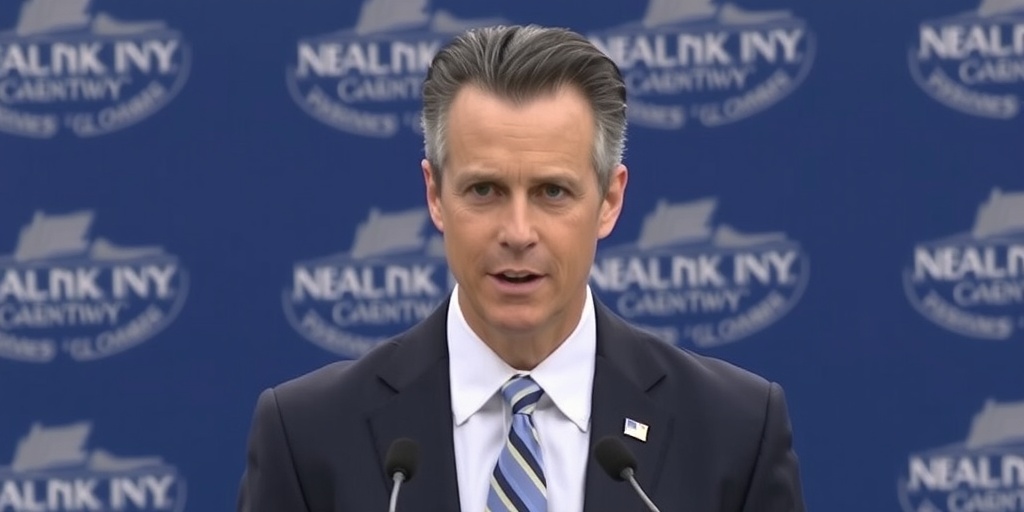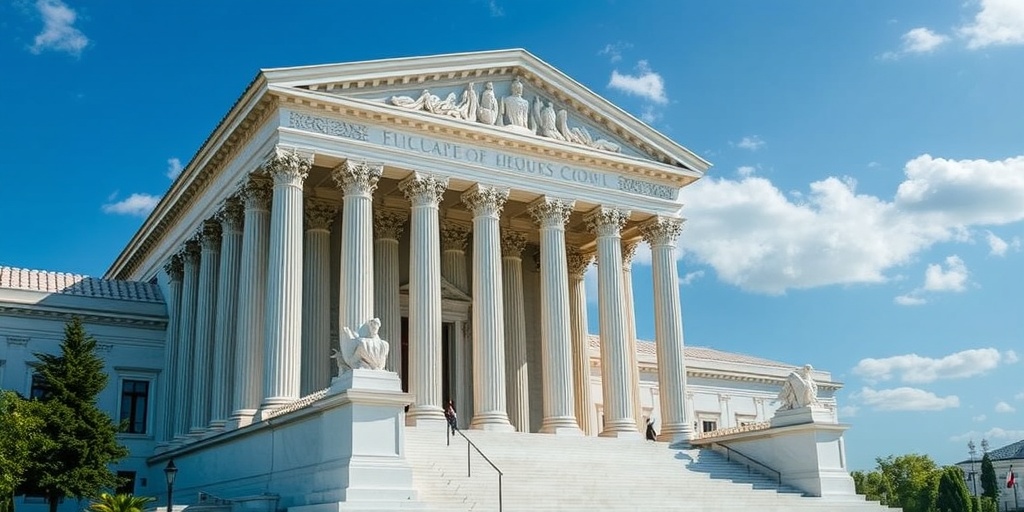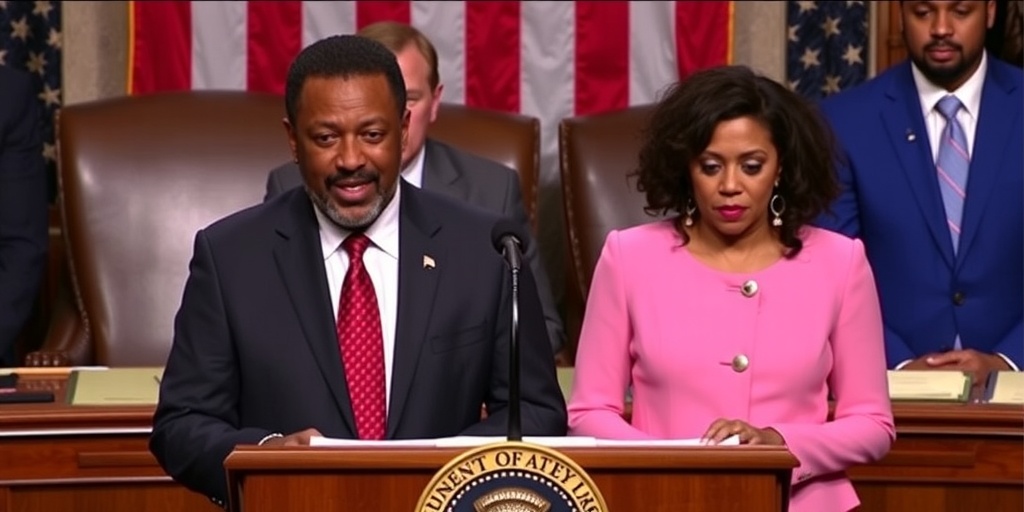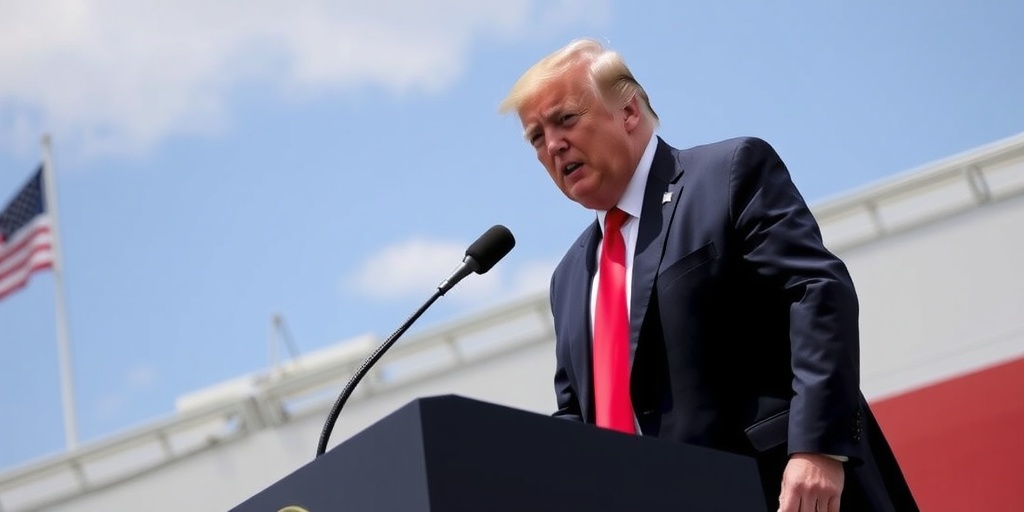Now Reading: Newsom Breaks with Democrats Over Transgender Athlete Regulations: ‘It’s Unfair’
-
01
Newsom Breaks with Democrats Over Transgender Athlete Regulations: ‘It’s Unfair’
Newsom Breaks with Democrats Over Transgender Athlete Regulations: ‘It’s Unfair’

California Governor Gavin Newsom’s Controversial Stance on Transgender Athletes in Sports
California Governor Gavin Newsom has recently stirred considerable conversation within political circles by expressing his perspective on the participation of transgender athletes in women’s sports, characterizing it as “deeply unfair.” This comments, shared during a dialogue with prominent right-wing influencer Charlie Kirk, mark a notable departure from the prevailing positions held by many of his Democratic colleagues on the matter and suggest a potential shift in the Democratic Party’s approach to transgender rights.
Newsom, who has long been an advocate for LGBTQ+ issues and was among the first elected officials in the United States to officiate same-sex weddings, made these remarks during the inaugural episode of his podcast, This Is Gavin Newsom. The decision to host Kirk, founder of the conservative organization Turning Point USA, is itself indicative of a strategic pivot as he reaches out to various segments of the political spectrum. Throughout their 81-minute discussion, the governor’s reflections extended beyond the topic at hand, delving into the failures of former Vice President Kamala Harris’s campaign in the recent 2024 election, where she lost crucial support from young voters, men, and the Hispanic demographic.
Until recently, Newsom positioned himself as a key figure in the Democratic Party’s resistance to former President Donald Trump. A previous interview with The New York Times had him vocally denouncing Trump’s influence. However, the dynamics shifted when he invited Kirk onto his podcast, signaling a willingness to engage with right-leaning perspectives on contentious social issues.
During the conversation, Newsom did not shy away from openly acknowledging that he finds the inclusion of transgender women in women’s sports unfair, stating, “I think it’s an issue of fairness. I completely agree with you on that. It’s deeply unfair.” This admission has sparked controversy and even restored focus on the ongoing debate regarding transgender rights and participation in competitive sports. He also noted the effectiveness of Trump’s campaign advertising that framed Harris’s support for transgender people as counter to the interests of other voters, saying, “It was devastating,” while lamenting Harris’s lack of reaction to such pivotal content.
Interestingly, Newsom’s stance comes in a climate where transgender participation in sports has become a significant flashpoint in American political and social discourse. While he is not alone in expressing concerns — in the wake of a contentious presidential election, figures like Representative Seth Moulton have similarly voiced apprehensions regarding the impact of transgender athletes on women’s sports — Newsom has become one of the most prominent Democratic leaders to publicly critique the party’s stance on this issue.
Under the Trump administration, there were attempts to diminish the visibility and rights of transgender individuals within the United States, including efforts to omit the transgender identity from federal LGBTQ+ policies and to impose restrictions on military service. In contrast, during his tenure as governor, Newsom has demonstrated commitment to supporting LGBTQ+ rights through legislation, such as prohibiting school policies that would require educators to inform parents if a child identifies differently at school.
In the past, Newsom has celebrated and participated in essential activities advocating for LGBTQ+ rights, including leading San Francisco’s Pride parades and ensuring the implementation of progressive laws to protect these communities. Nevertheless, his recent comments have raised concerns over whether his perceived shift in stance signifies a broader ideological shift within the Democratic Party, which has wrestled with how to balance inclusivity with competing rights.
Moreover, during his podcast discussion, Newsom ridiculed the trend of individuals publicly announcing their preferred pronouns, questioning whether discussing pronouns constitutes a significant political issue. His comments take on a revealing context against a backdrop where progressive leaders had previously emphasized the importance of respecting people’s gender identities.
As Newsom continues to chart his political future, especially with discussions about potential presidential ambitions in 2028, his recent remarks could signify an attempt to reclaim ground among discontented voters within the Democratic base. By engaging with right-wing figures like Kirk, he may be seeking to broaden his appeal, albeit at the risk of alienating core supporters who view the defense of transgender rights as fundamental.
In summary, Governor Gavin Newsom’s recent comments about transgender athletes have ignited contentious discussions about fairness, rights, and the political landscape heading into the next electoral cycle. His evolving position indicates not only a personal reckoning with the complexities of social justice but also reflects a potential strategic pivot as both he and the Democratic Party navigate a rapidly shifting political environment.
Stay Informed With the Latest & Most Important News
Previous Post
Next Post
-
 01New technology breakthrough has everyone talking right now
01New technology breakthrough has everyone talking right now -
 02Unbelievable life hack everyone needs to try today
02Unbelievable life hack everyone needs to try today -
 03Fascinating discovery found buried deep beneath the ocean
03Fascinating discovery found buried deep beneath the ocean -
 04Man invents genius device that solves everyday problems
04Man invents genius device that solves everyday problems -
 05Shocking discovery that changes what we know forever
05Shocking discovery that changes what we know forever -
 06Internet goes wild over celebrity’s unexpected fashion choice
06Internet goes wild over celebrity’s unexpected fashion choice -
 07Rare animal sighting stuns scientists and wildlife lovers
07Rare animal sighting stuns scientists and wildlife lovers





















